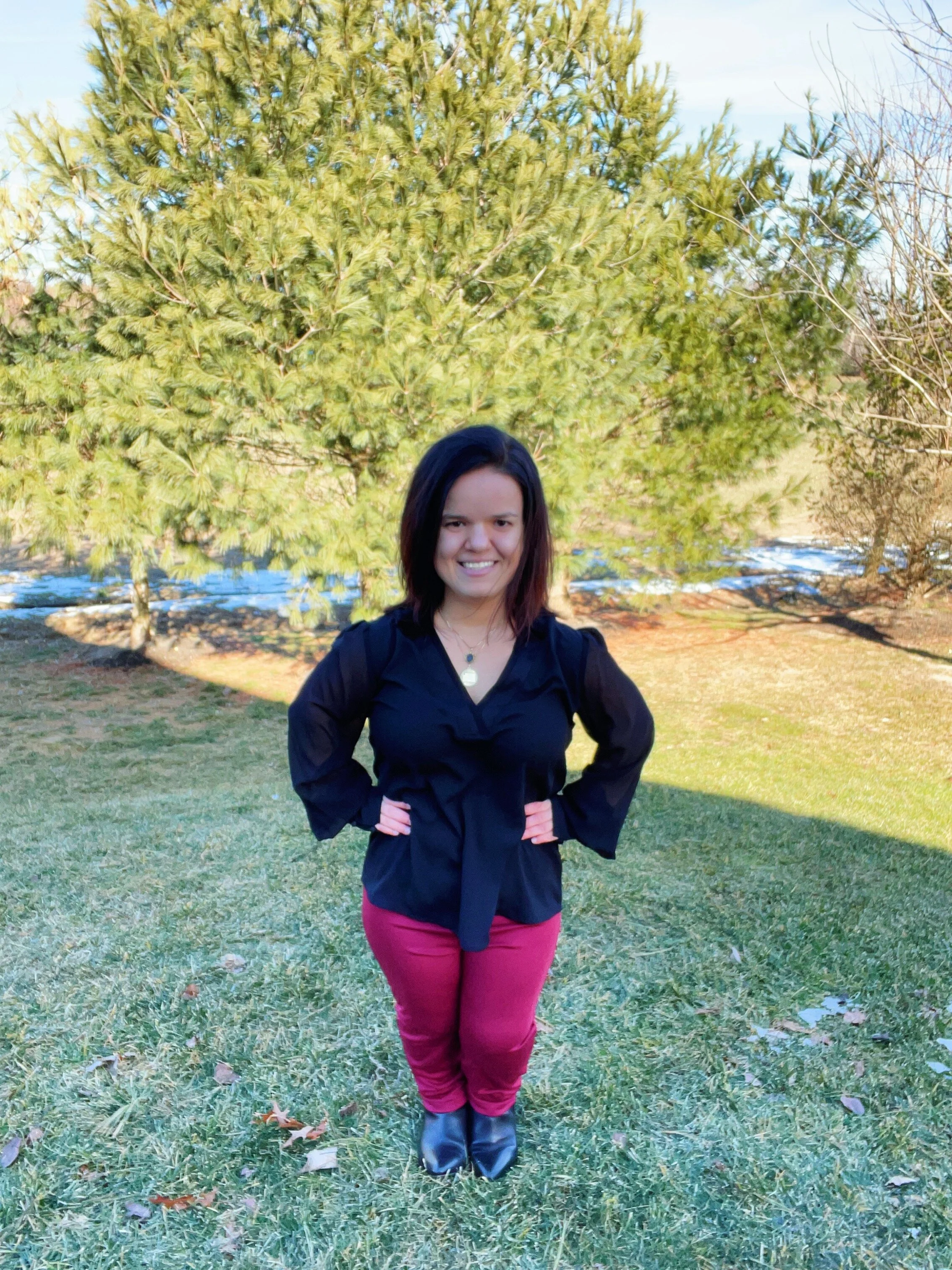To Disclose Or Not To Disclose?
That is the question.
On nearly every job application there is a section entitled Voluntary Self-Identification Of Disability. Most employers, by law, are required to ask this question. It is to show an employer’s progress towards having at least 7% of its workforce be individuals with a disability. It asks both applicants and employees to voluntarily disclose if they have a disability or if they ever had a disability. It states that your answer will be confidential and not revealed to those making the hiring decision.
You are given three answer options:
Yes, I Have A Disability, Or Have A History/Record Of Having A Disability
No, I Don’t Have A Disability, Or A History/Record Of Having A Disability
I Don’t Wish To Answer
Throughout my collegiate and professional career, I have wrestled with how to answer this seemingly simple question. I know that the moment I walk into a room for a job interview, I am disclosing that I have a disability. I cannot conceal my dwarfism...except on paper. I will admit that there was a time where I hid, as best I could, the fact that I was a little person. Nowhere on my resume were the letters LPA. The words “little person”, “dwarf”, “dwarfism”, etc. did not appear in my cover letter. And, when asked the question, I chose not to answer. I did this not because I was ashamed of being disabled, of being a little person. I thought it would make me more marketable for employers. If my dwarfism was not on my resume, employers could not use that as an excuse not to give to me a fair chance.
Now, let me be clear: I have been and always will be proud to say that I am a little person, that I am disabled. I can do anything an able-bodied person can, just a little differently. If you look at my resume or read my cover letter you will know that I am a little person.
But, I just wanted needed to get into the room, to get the interview, to prove that I am capable of doing the job I am seeking.
To me, choosing not to answer, in essence, is pleading the fifth. I am saying that I don’t want my truth to be held against me. I don’t want my truth to keep me from getting a fair and equal chance to be seen and heard. Think about it. If you are an able-bodied person, would you choose “I Don’t Wish To Answer”? Probably not. The third option is for people with disabilities. It allows us to conceal the truth without lying.
I am not saying that I have been denied an interview because I chose to disclose my disability on my job application. The truth is I will never know for certain. But, I do know that despite the progress of the disability rights movement, despite passage of the ADA, there remains a stigma around disability. People think the cost of making reasonable accommodations is too great when in reality, at least in the case of people with dwarfism, it costs no more than a footstool and some command hooks.
It’s 2021. All I want is to have the confidence that, if I say “Yes, I have a disability,” I will still have the same chance of getting the interview, of getting hired, of being seen as someone capable of getting the job done.


